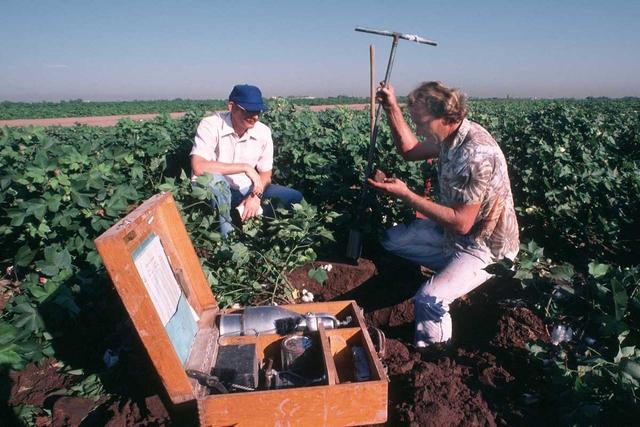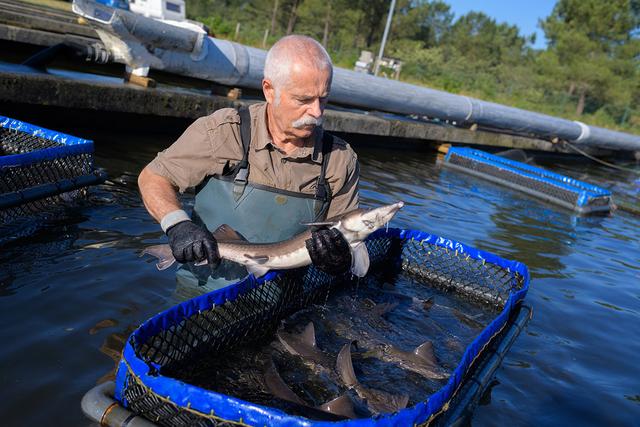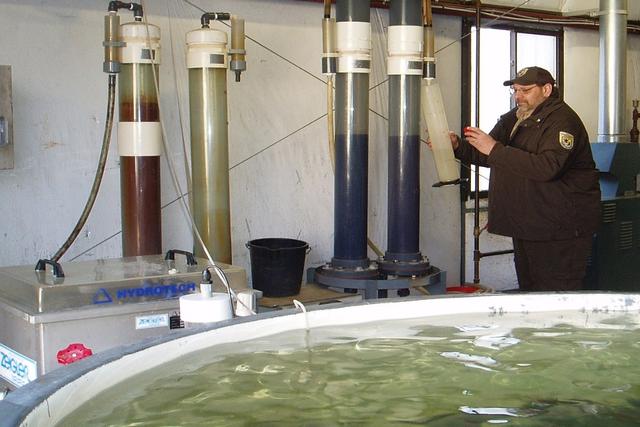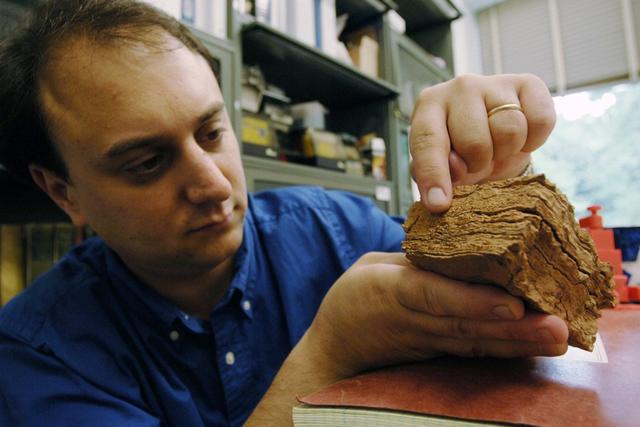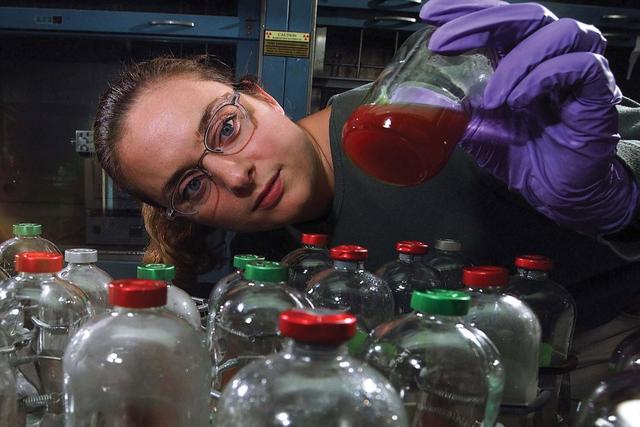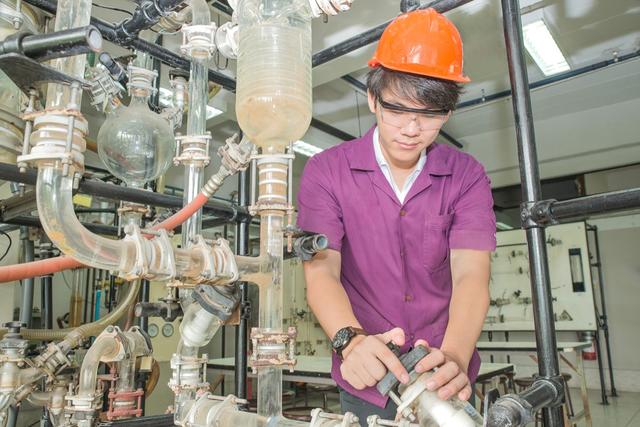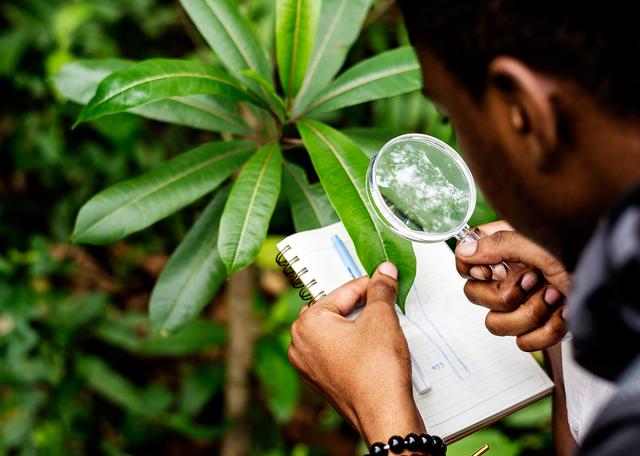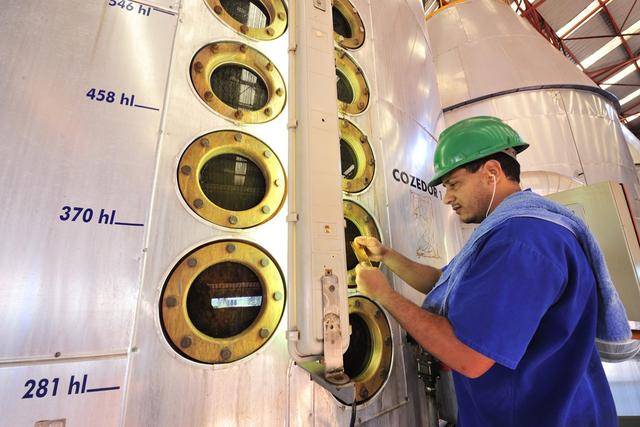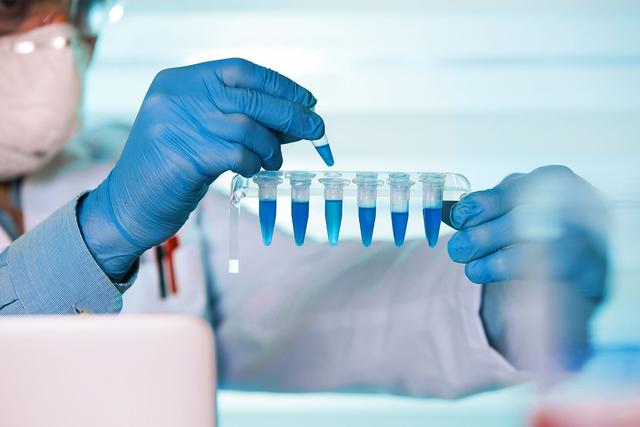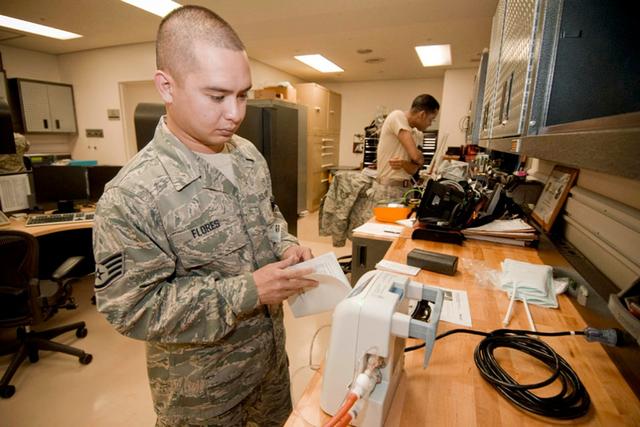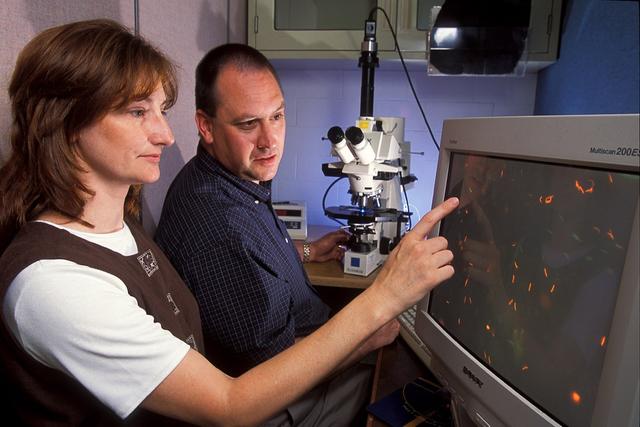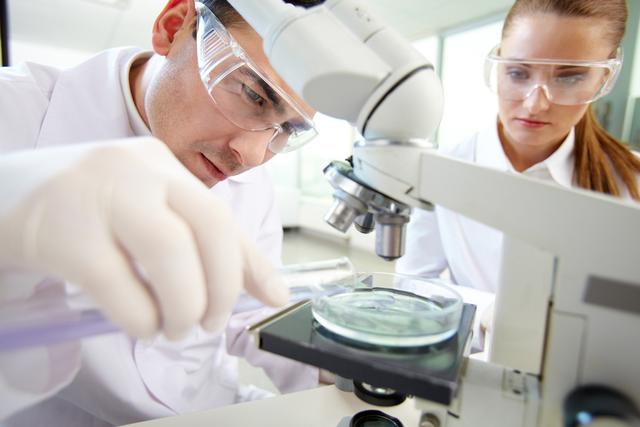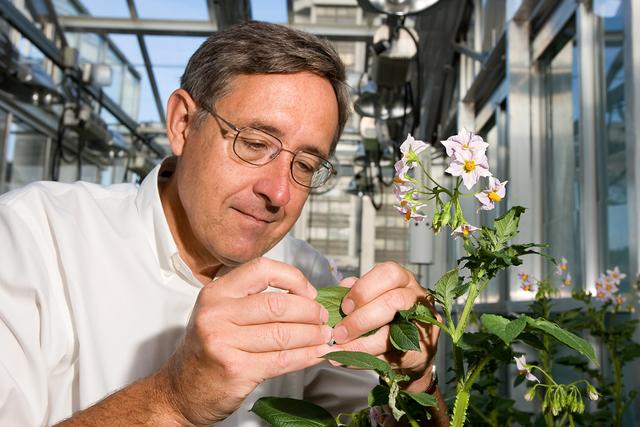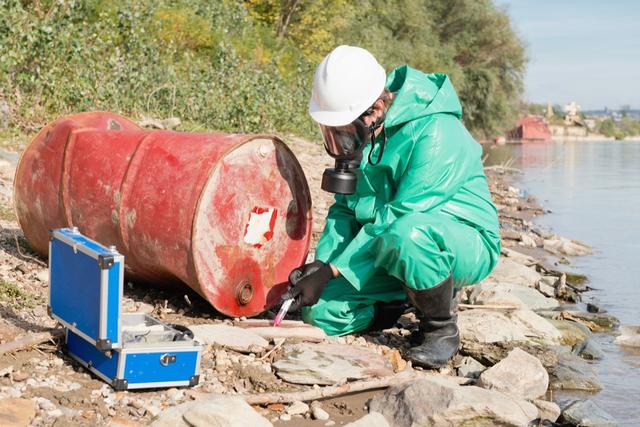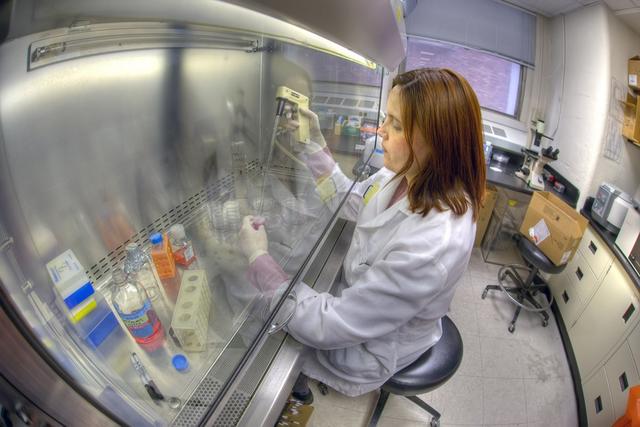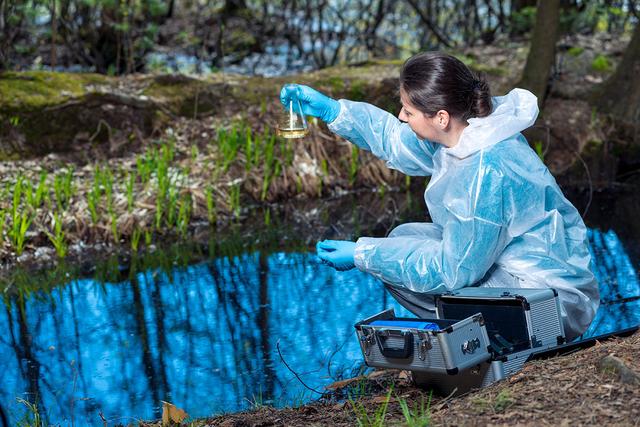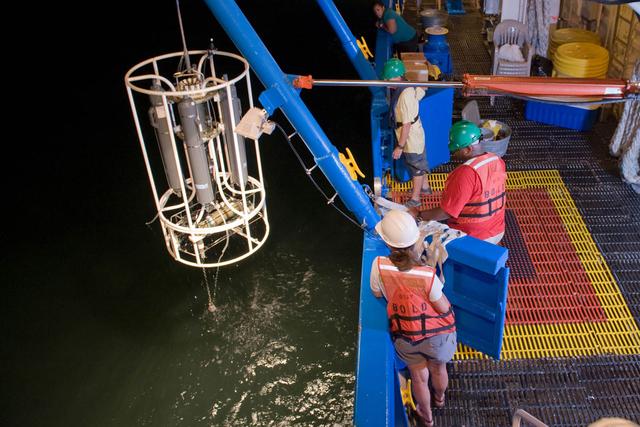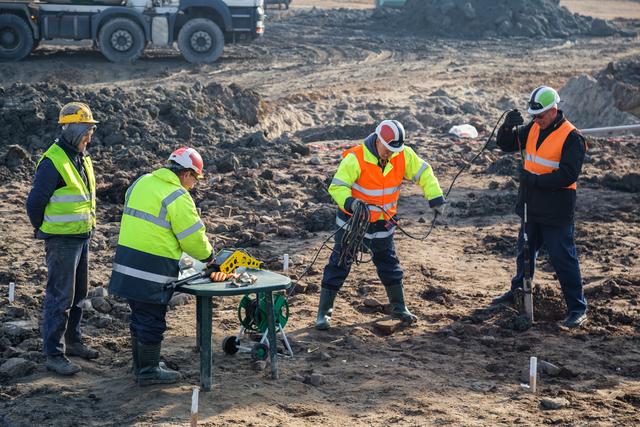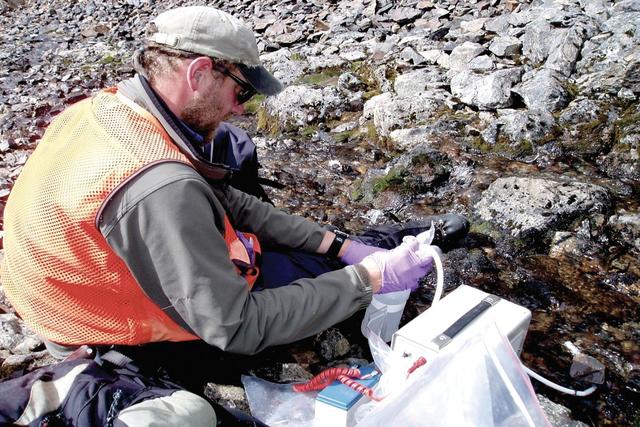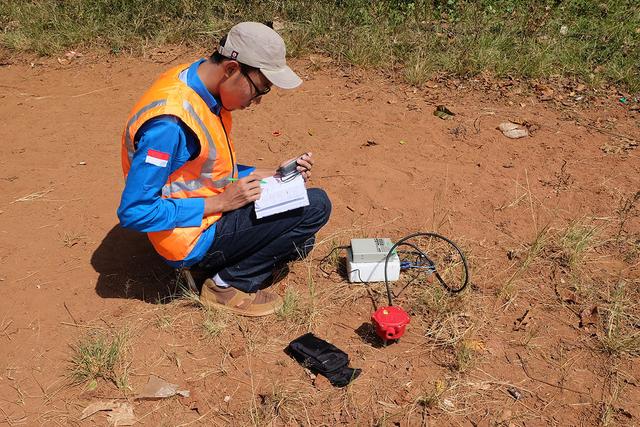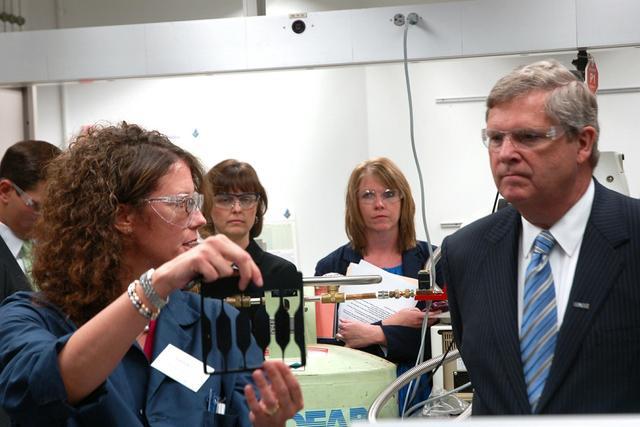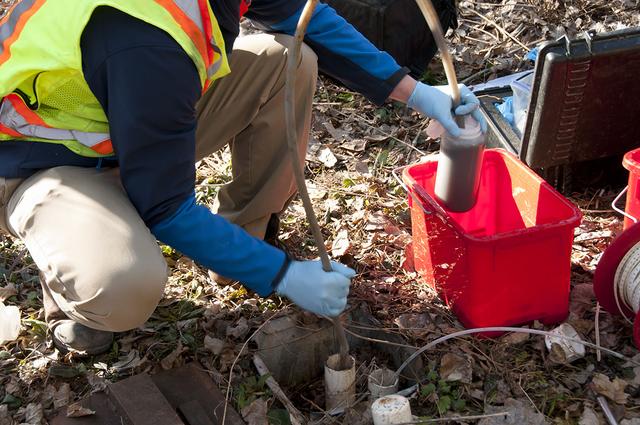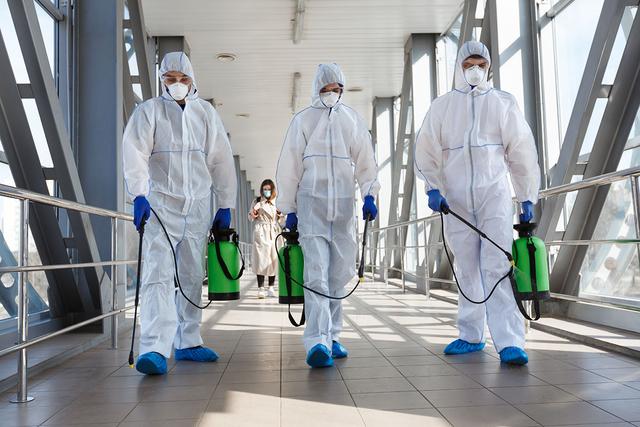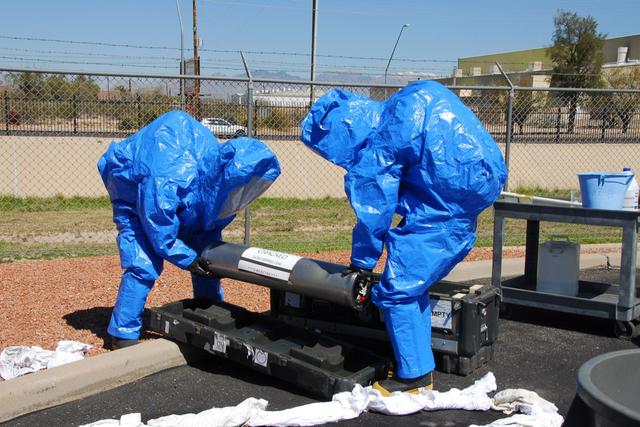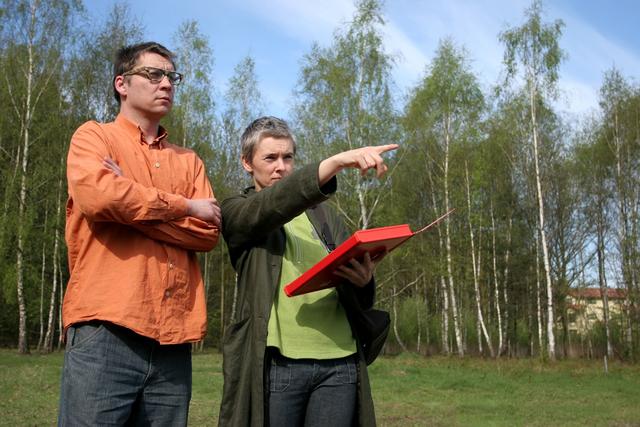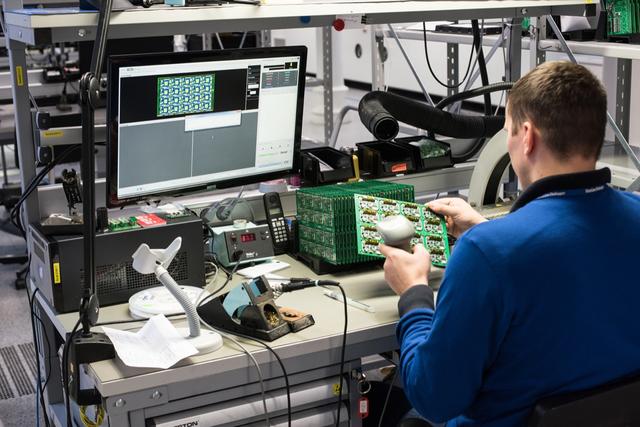Biochemists
Overview

Introduction
Biochemists use advanced technologies — such as lasers, fluorescent and electron microscopes, and computer modeling software among other methods — to explore the tiny world of the cell, study how illnesses develop, and search for ways to improve life on earth. Through studying the chemical makeup of living organisms, biochemists strive to understand the dynamics of life, from the secrets of cell-to-cell communication to the chemical changes in our brains that give us memories. Biochemists examine the chemical combinations and reacti...
Quick Facts
Median Salary
Employment Prospects
Minimum Education Level
Experience
Skills
Personality Traits
Earnings
The U.S. Department of Labor (DOL) reports that biochemists and biophysicists had average annual salaries of $107,460 in May 2023. Earnings ranged from less than $64,680 for the bottom 10 percent of biochemists and biophysicists to more than $175,790 per year for the top 10 percent of these two connected occupations. Fifty percent of biochemists and biophysicists earned between $81,650 and $136...
Work Environment
Biochemists generally work in clean, quiet, and well-lighted laboratories where physical labor is minimal. They must, however, take the proper precautions in handling chemicals and organic substances that could be dangerous or cause illness. They may work with plants and animals; tissues, cells, and products; and with yeast and bacteria.
Biochemists in industry generally work a 40-hour w...
Outlook
Employment for biochemists is expected to grow faster than the average for all occupations through 2032, according to the U.S. Department of Labor. More professionals in this field will be needed to perform basic research activities that support the development of biological processes and products. Additionally, opportunities to develop drugs and procedures that prevent and cure diseases will e...
